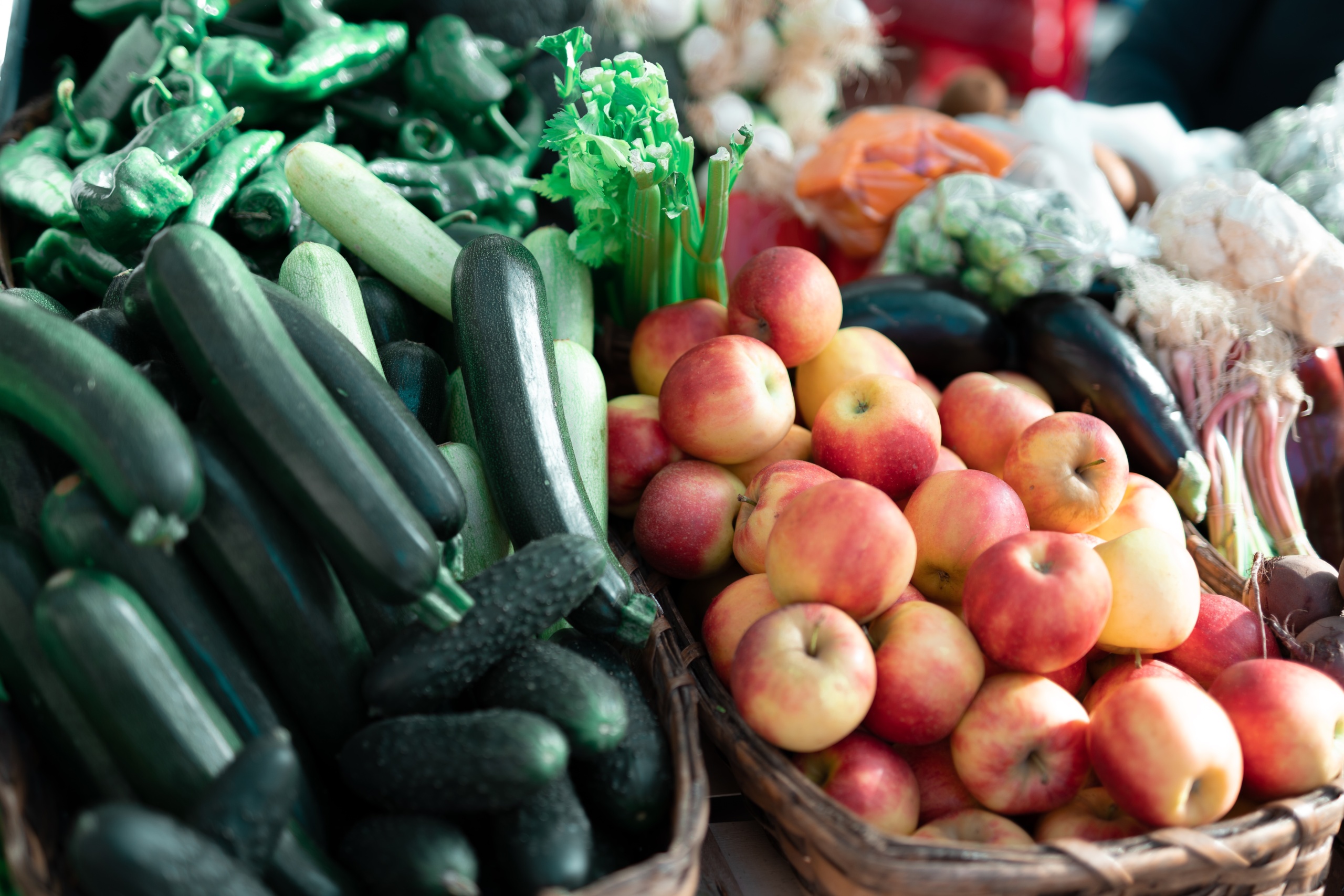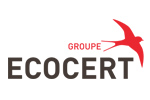Why did ECOCERT venture into collective catering?
When the Ecocert en Cuisine label was established in 2013, the share of organic products in collective catering in France accounted for only 2% of total purchases, compared to 7% in 2022 [1]. Surprisingly, the sector had shown little concern for sustainable food practices, which seemed paradoxical given the primary mission of collective catering: to provide nourishment for a large number of people every day. By introducing a new definition of “eating well sustainably,” the Ecocert en Cuisine label became a pioneer, becoming the first French specification dedicated to sustainable collective catering: organic, local, and healthy. Today, with its 80,000 establishments and 3.8 billion meals, the collective catering sector represents a tremendous opportunity and a powerful lever for the development of the organic sector.
What connection can you make between collective food service and organic agriculture?
The 2018 EGALIM law established, for the first time, a regulatory framework for this sector, requiring 20% of organic products in food purchases. In a broader sense, this law encourages the rethinking of the system by establishing new procurement, cost, and logistics frameworks. The mission of the Ecocert label goes in the same direction and even beyond, by reliably ensuring the use of organic and local products, the quality of the menus served, homemade meals, as well as addressing issues like waste reduction, waste management, and the limitation of endocrine disruptors. The “En Cuisine” certification, therefore, implements a multi-thematic system of criteria that takes into account nutritional, health, and environmental challenges, in addition to organic principles.
How does the integration of organic products into restaurants actually happen?
Ten years ago, the trend was to have a complete 100% organic meal once or several times a year. However, this initiative often resulted in failure, meaning the discontinuation of the use of organic products. The reason being that changing suppliers and practices for just one day would disrupt the organization too much and destabilize the overall functioning of the restaurant. Another approach is now widely practiced: gradually introducing organic products throughout the year, supported by the EGALIM law.
The recipe for success? First, introducing so-called easy organic products like yogurt or bread, as their texture, taste, or colors are generally similar to conventional products. Then, working with more complex products in a second phase, for example, those based on root vegetables or legumes. Many chefs in certified canteens will incorporate organic products into their meals by product categories: vegetables and fruits, groceries, oils, plant-based and animal-based proteins. They will engage in extensive communication with their suppliers to work on sourcing, formats, logistics, and presentation for the diners.
On the other hand, the label allows them to track progress every year regarding the introduction of organic products. This way, the chef, technical teams, and elected officials can measure their progress and gain a better understanding of what is on the plate for the diners.
What assessment can you draw, 10 years after the creation of the “En Cuisine” label?
Today, at the national level in France, we are proud to have over 3000 certified “Ecocert En Cuisine” canteens, with more than 1000 on-site audits conducted each year by 30 auditors across the entire French territory. The data collected from these audits provides an overview of progress, such as the observatory of organic and sustainable collective catering, and also highlights the efforts of committed establishments. Finally, the study conducted alongside INRAE in 2022 demonstrated that different paths towards sustainable canteens are possible [2]. This collaboration with research helps raise awareness and convinces more communities and policymakers of the importance of these actions to address environmental challenges and food security. We are convinced that organic agriculture has a key role to play in supporting the transitions of collective catering, which will continue to be a growth catalyst for organic products.
[1] Source: Agence Bio Homepage
[2] Source: Green and Responsible Canteens, How to Achieve Them? | INRAE
— An article written by ECOCERT —









